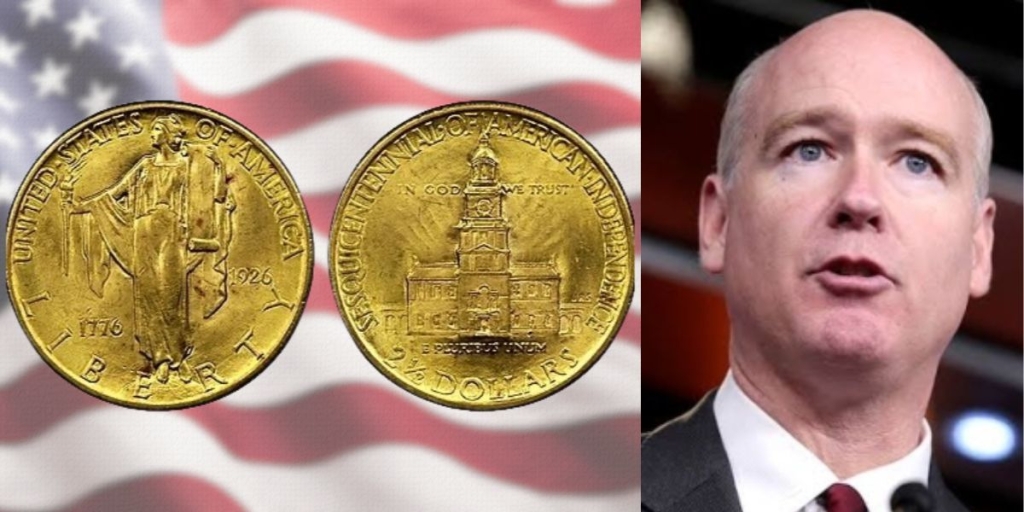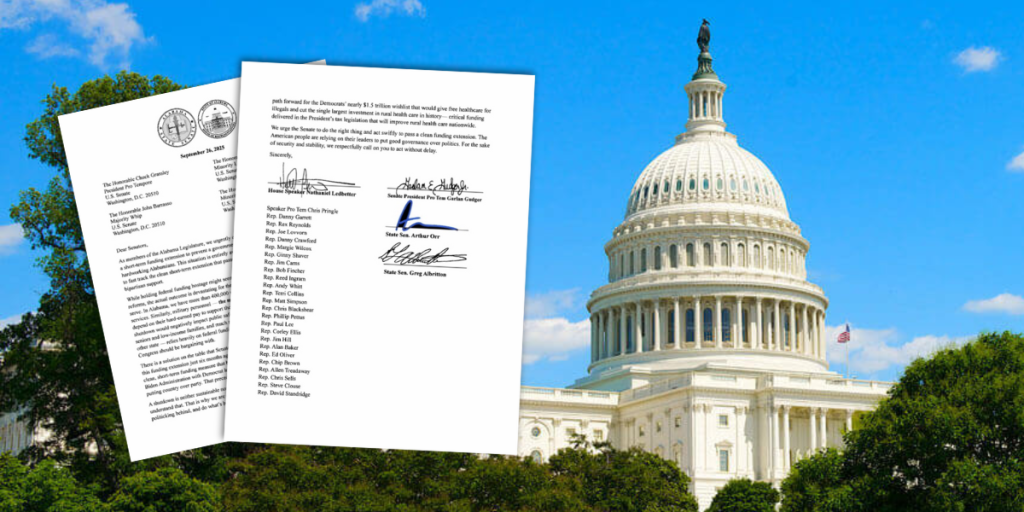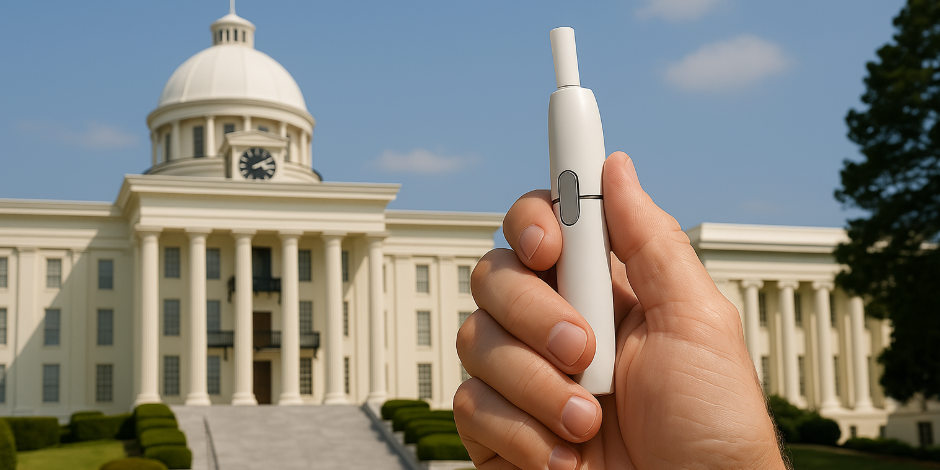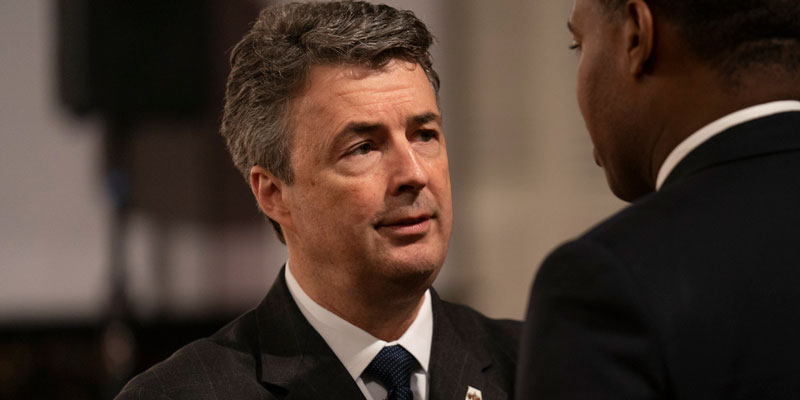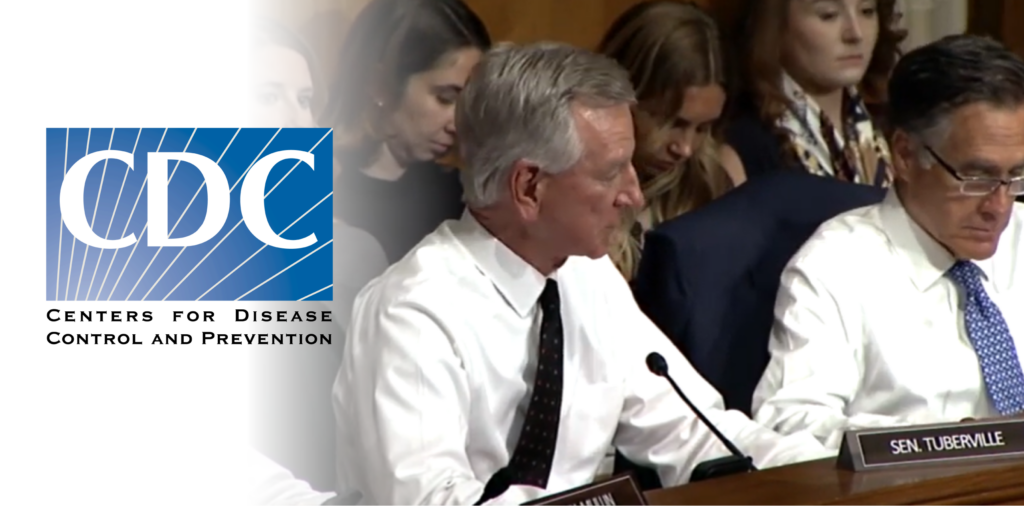
WASHINGTON — In new legislation proposed by a group of Senate Democrats, the legal smoking age would rise to 21. Such a move would have mixed outcomes for the states, including Alabama, that depend on the tax revenue generated from tobacco sales.
The Tobacco to 21 Act was introduced by Sen. Brian Schatz (D-HI) and would make it illegal to sell tobacco products to anyone under the age of 21. This bill has also gained support from Dick Durbin (D-IL.), Sherrod Brown (D-OH), and several other Senate Democrats.
“We know that the earlier smokers begin their unhealthy addiction to nicotine, the more likely they are to suffer from tobacco-related diseases or die,” said Senator Schatz. “This year, Hawaii became the first state in the nation to raise the minimum smoking age to 21. It was an historic public health achievement that we should adopt nationwide.”
While Schatz’ home state of Hawaii is the first state to introduce the legal smoking age at 21, there are also over 90 American cities and counties that have raised the tobacco age to 21. Alabama is only one of four states that currently has a legal smoking age of 19, while others currently maintain the legal tobacco age at 18.
Raising the legal age for purchasing tobacco products would continue the measures that America has taken to be healthier, says Senator Dick Durbin, a supporter of the Tobacco to 21 Act.
“Thanks to tobacco control measures like banning smoking in public places and placing warning labels on cigarette cartons, far fewer people smoke now than did fifty years ago,” said Senator Durbin. “As a result, far fewer families have lost loved ones to tobacco-related disease and death. But we still have a long way to go. We can help prevent a new generation from falling prey to this deadly epidemic by passing another commonsense measure to reduce youth tobacco use: raising the minimum tobacco age of sale to 21.
In the last 50 years, nearly 21 million people in the United States have died as a result of tobacco-related illnesses, making it the leading cause of preventable death in the country. In a recent report, the Institute of Medicine found that raising the legal age of sale of tobacco products to 21 nationwide would “reduce the number of new tobacco users, decrease smoking frequency by 12 percent, and save more than 220,000 lives from deaths related to smoking.”
The Centers for Disease Control and Prevention (CDC) found that tobacco use costs the United States approximately $170 billion in direct medical costs and $156 billion in lost productivity every year.
But the prospect of raising the smoking age could put a significant strain on state budgets, which rely heavily on tax revenue from tobacco products. In 2012 alone, Alabama collected $106 million in state and local revenue on tobacco products. In 2015 the cigarette tax increase was one of the only proposed revenue measures to make it through the state legislature.
Governor Bentley, a medical doctor, told Yellowhammer he supports anything that would decrease the number of smokers.
“As a doctor, I know first-hand the dangers of smoking,” said Bentley. ” Any effort that hinders a person’s ability to smoke is a positive step in the right direction. According to the Alabama Department of Public Health it is estimated that 22.5% of Alabamians are smokers. As Governor, the health of Alabamians is important to me and smoking is an unhealthy habit that kills our citizens.”
Healthier Alabamians also correlates with potential savings on healthcare costs. Currently Medicaid is one of the state’s largest budget items, third behind only education and public sector pensions. In that respect, the loss of cigarette tax revenues could possibly be offset by a decrease in the healthcare costs of those who may have chosen to smoke if it was easily available when they were younger.
The Tobacco to 21 Act is supported by the American Heart Association, the American Lung Association, Campaign for Tobacco-Free Kids, American Cancer Society Cancer Action Network, Academic Pediatric Association and several others that advocate in health-related professions and organizations.
“By raising the minimum tobacco age of sale to 21 across the country, we can cut the number of new smokers each year; build a healthier, tobacco free America; and save lives,” Schatz said.
https://twitter.com/caseycappa/status/634418932192030720






